The 2016 Presidential election has brought up so many issues, personal and national, that we are all tired and confussed. Imagine how kids are feeling! That's why you need to read this before answering the barrage of questions they will probably have for you regarding Donald Trump, Hillary Clinton and everything that will and may happen.
More from Mamás Latinas: Hillary Clinton got Jennifer López and Marc Anthony together + all the times she's showed Latinos some love
Image via iStock
What should I say when kids talk about it in school?
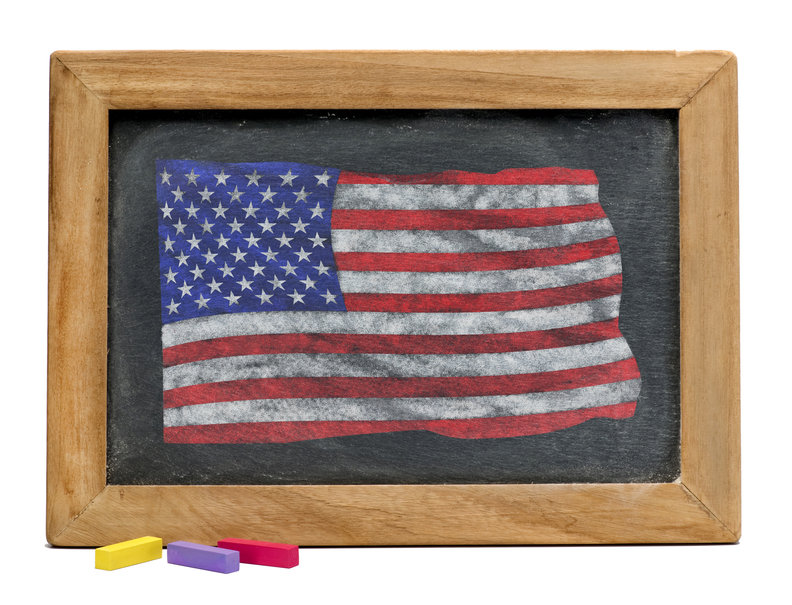
Everybody should be free to express their opinion, but this may be a good opportunity to teach your kids to avoid discussions about politics or religion. Children often mirror their parents' opinions and it won't do any good to discuss that with them.
However, they can talk about the importance of respecting each other and how lucky we are to live in a democratic country.
My friend likes a candidate that I don't, what do I do?
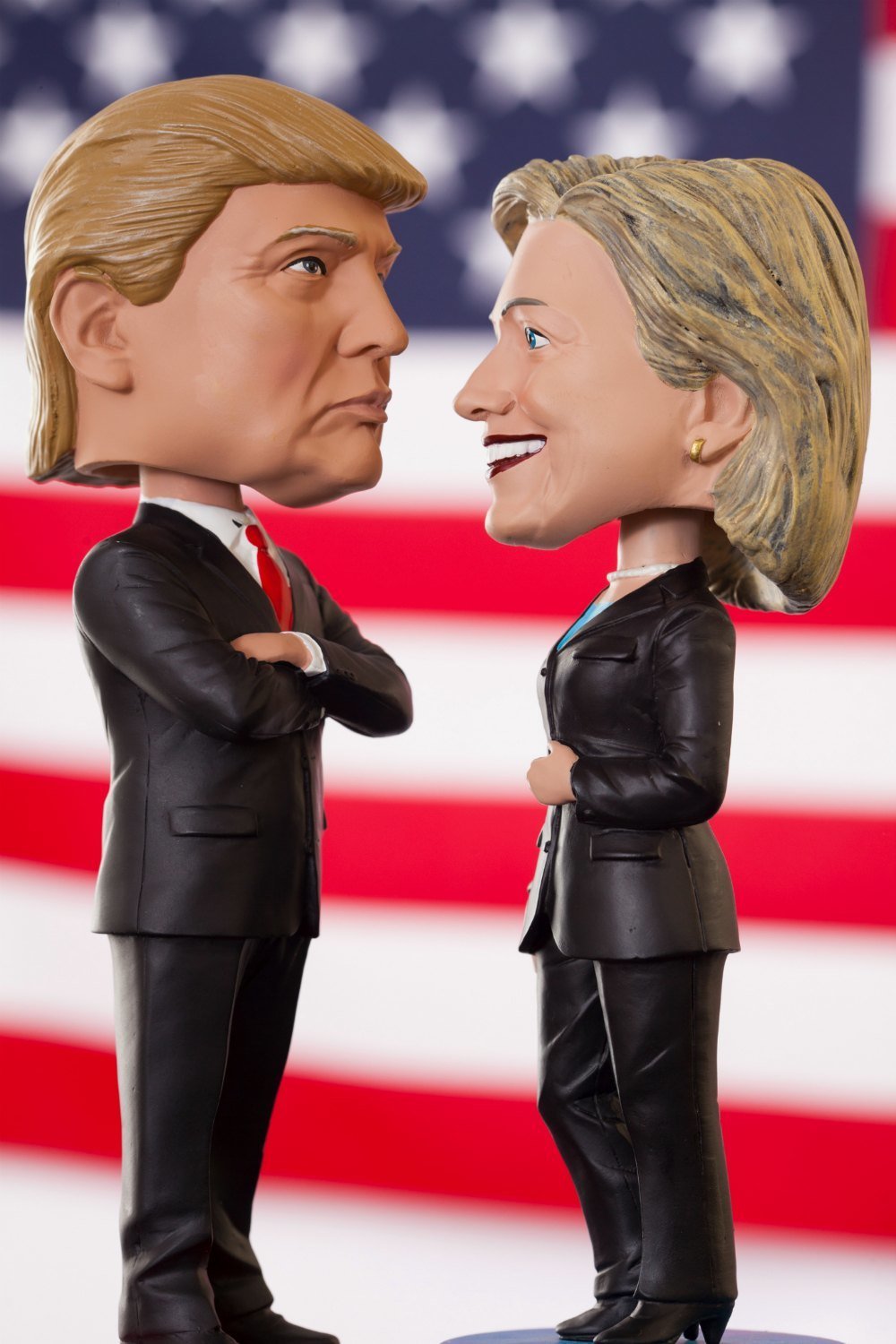
At this point, the best thing we can do is to teach our kids to respect everybody's opinions. A nice friendship can be ruined if the children go to their parents with gossip or political opinions. It should be a non-issue among them, but lately more and more parents are reporting bullying and innappropiate conversations related to the elections.
Teach your kid specific rules to take the high road and move on.
What's up with the donkey and the elephant?
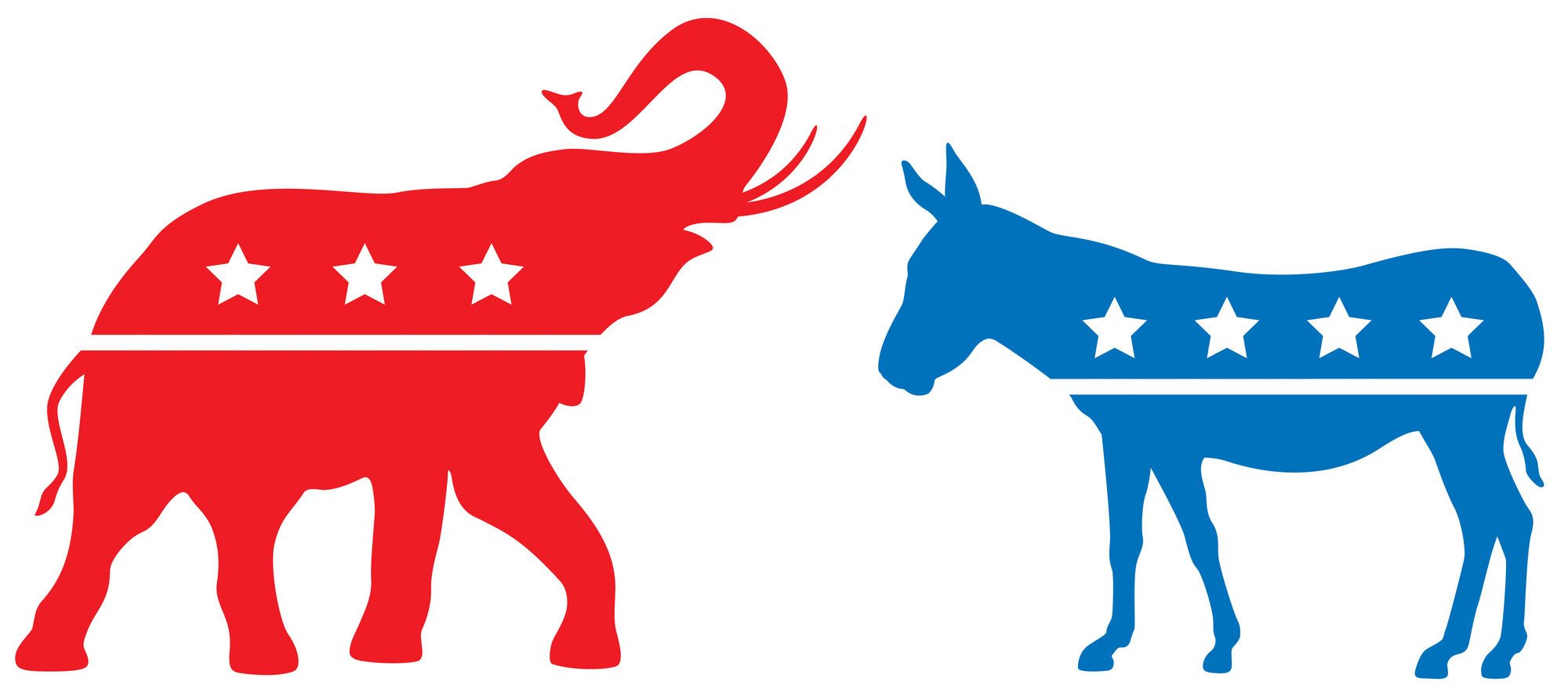
Many children find this both amusing and weird. Political cartoonist Thomas Nast (the same man who created the modern image of Santa Claus) drew a cartoon of a Democratic donkey and a Republican elephant in the late 1870s. These symbols have since become official mascots of their parties.
How does the election really work?
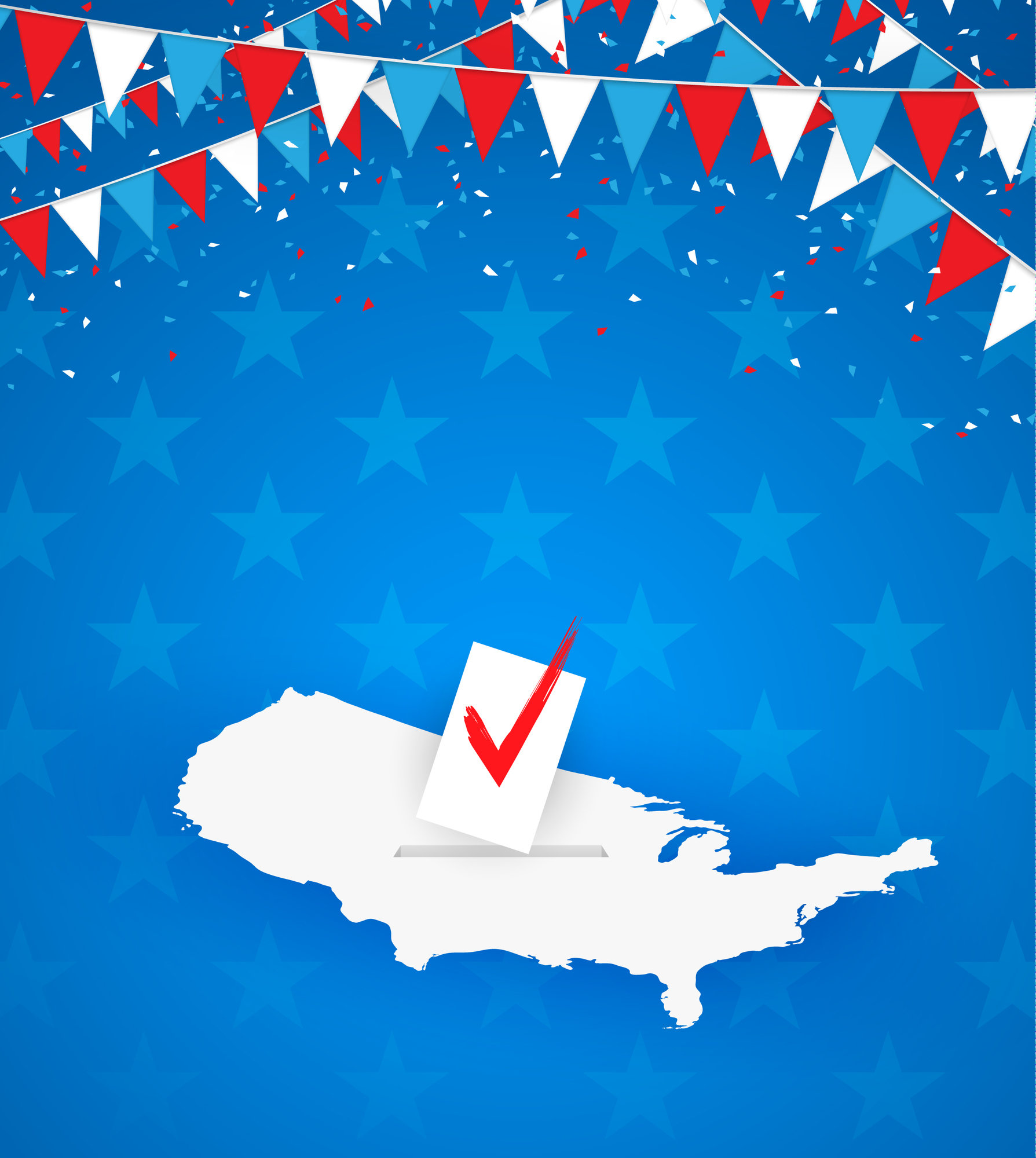
Our voting system for president is confussing to many adults. An easy way to explain it to children is to pretend that they are voting for the president of their school.
Imagine that each classroom has a specific amount of points and whoever gets elected in each classroom wins all of its points. The president of the school is the person with more points.
In real life, those classrooms are represented by the states. Each state has an specific amount of points assigned in the form of an electoral college. All states, except for Maine and Nebraska, have a winner-takes-all system.
To be president, a candidate needs at least 270 electoral votes.
When will we know the results?
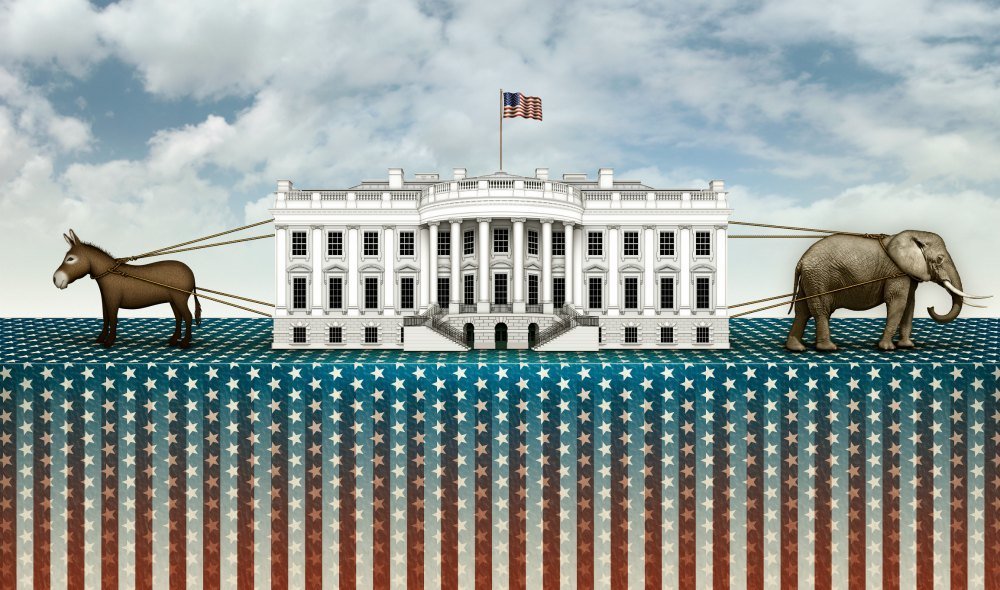
Traditionally, the result of the election is known during the night of election day, but if the voting is as tight at the polls show, it could take longer.
If there are contested districts or even a state –like it happened during the Bush-Gore election in 2000– it could take weeks.
What happens to the loser?
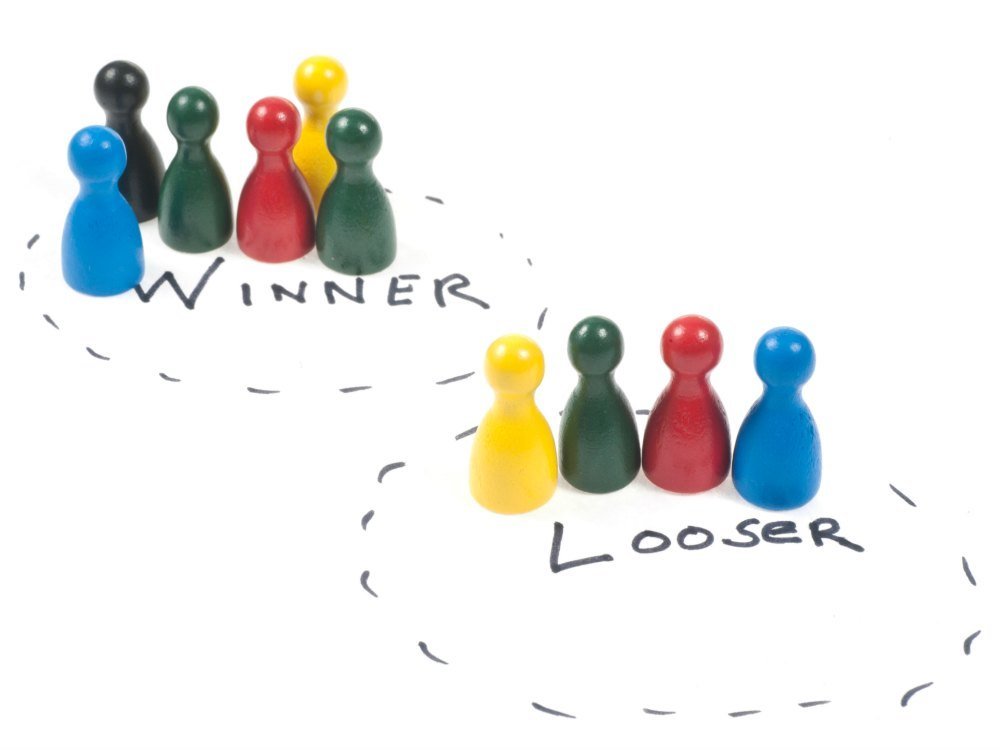
He or she can become a leader inside their own party, retire or do something else. Hillary Clinton doesn't have a job to go back to, but Donald Trump would most likely retake his role in the Trump organization.
What will happen to Barack Obama?
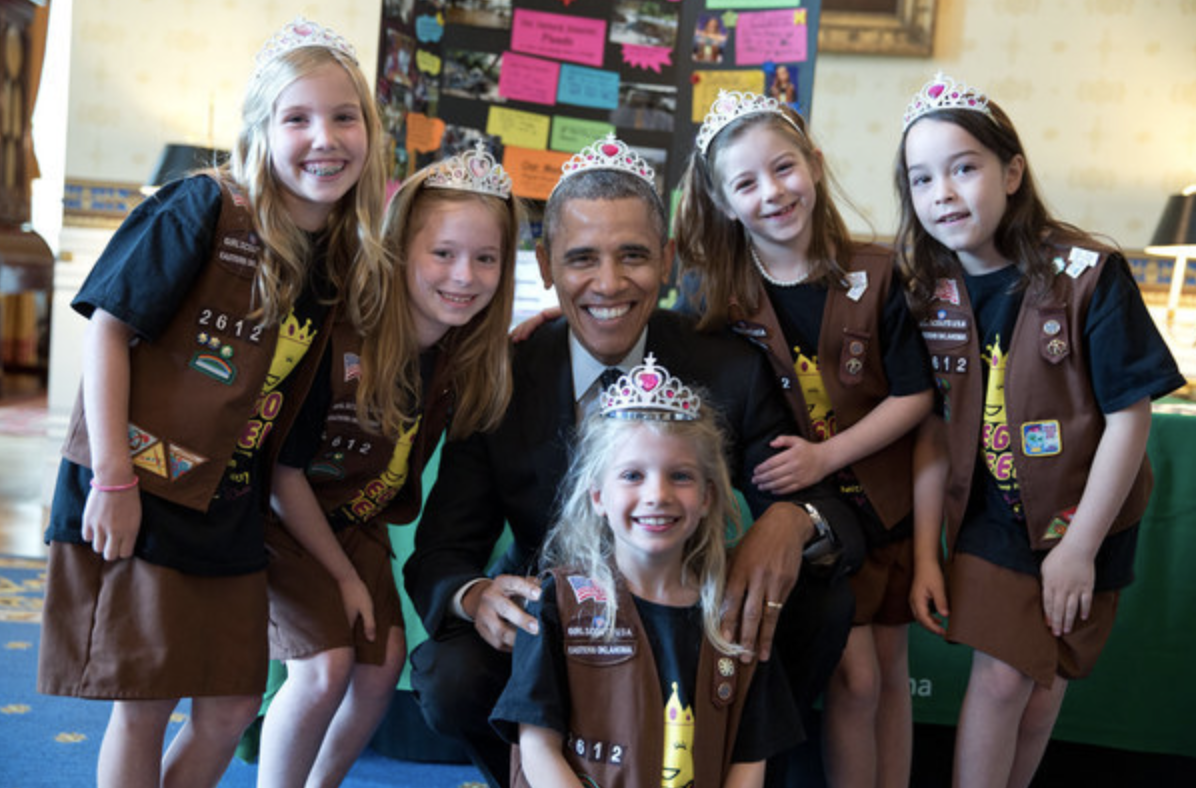
My own kids have asked this many times. Obama will stay as president until January 20, 2017. He will remain in DC with his family for a while, until younger daughter Sasha finishes high school.
He hasn't talked about his future plans yet, except saying that he will sleep, and sleep some more. But all previous presidents, soon after leaving the White House, work in creating their own library.
Will we have to move?
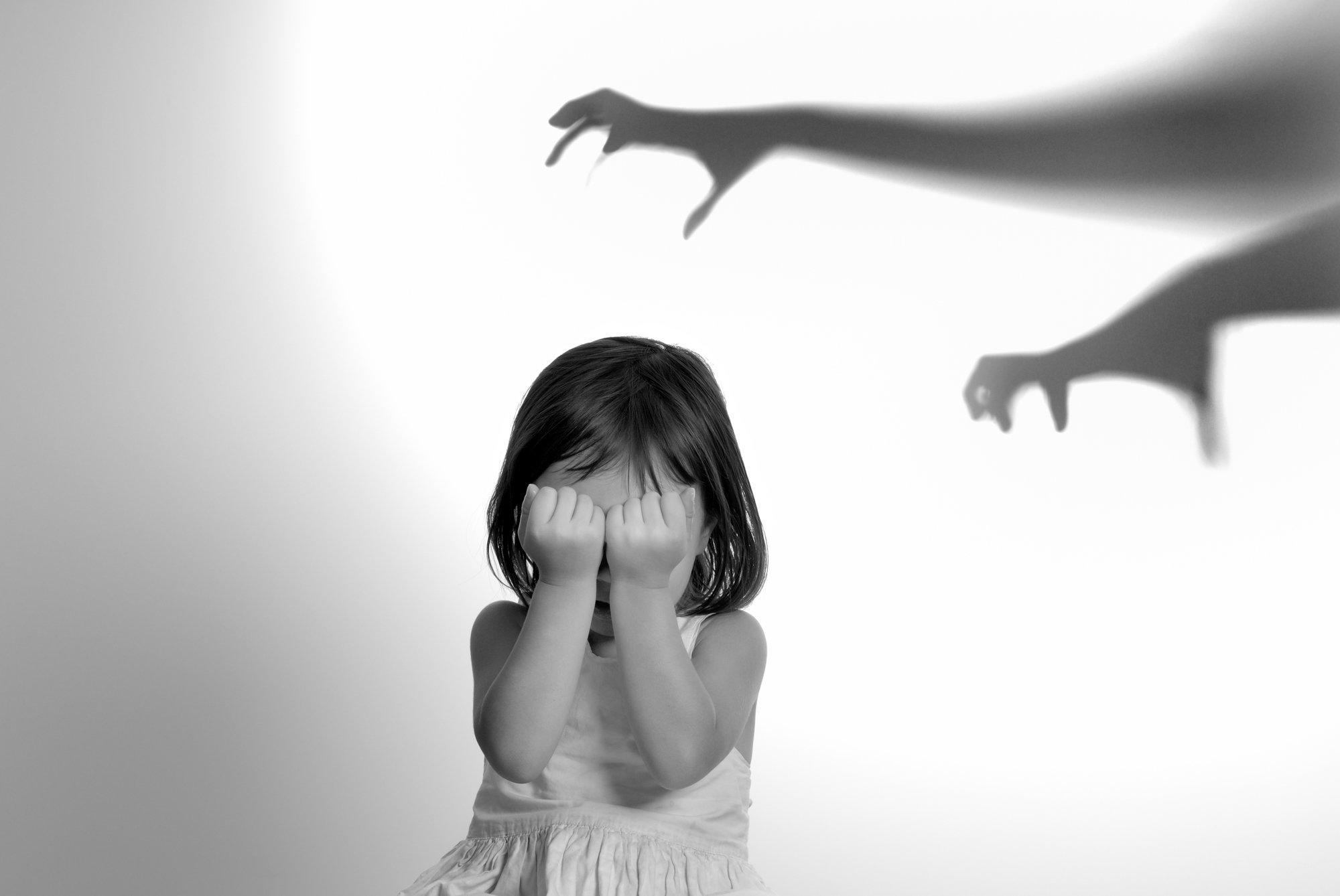
A common fear among kids in families that oppose Donald Trump or minority children is the concrete effect of the elections in their lives. They may be worried about their future or about what will happen to family members who may be undocumented.
According to several psicologists, the best thing to do is to be calm yourself and explain that the family will be fine. However, it's important to let them express their fears.




